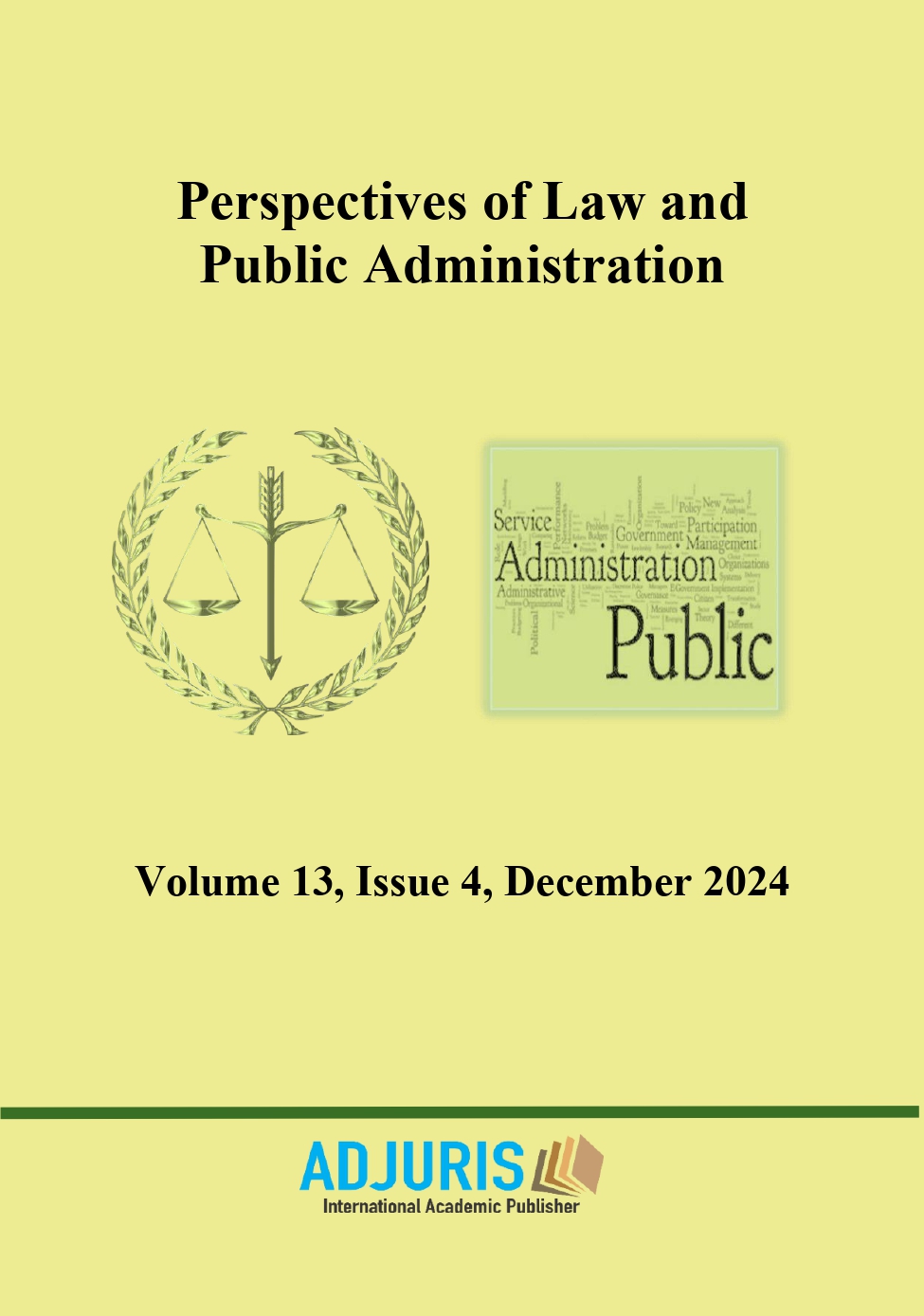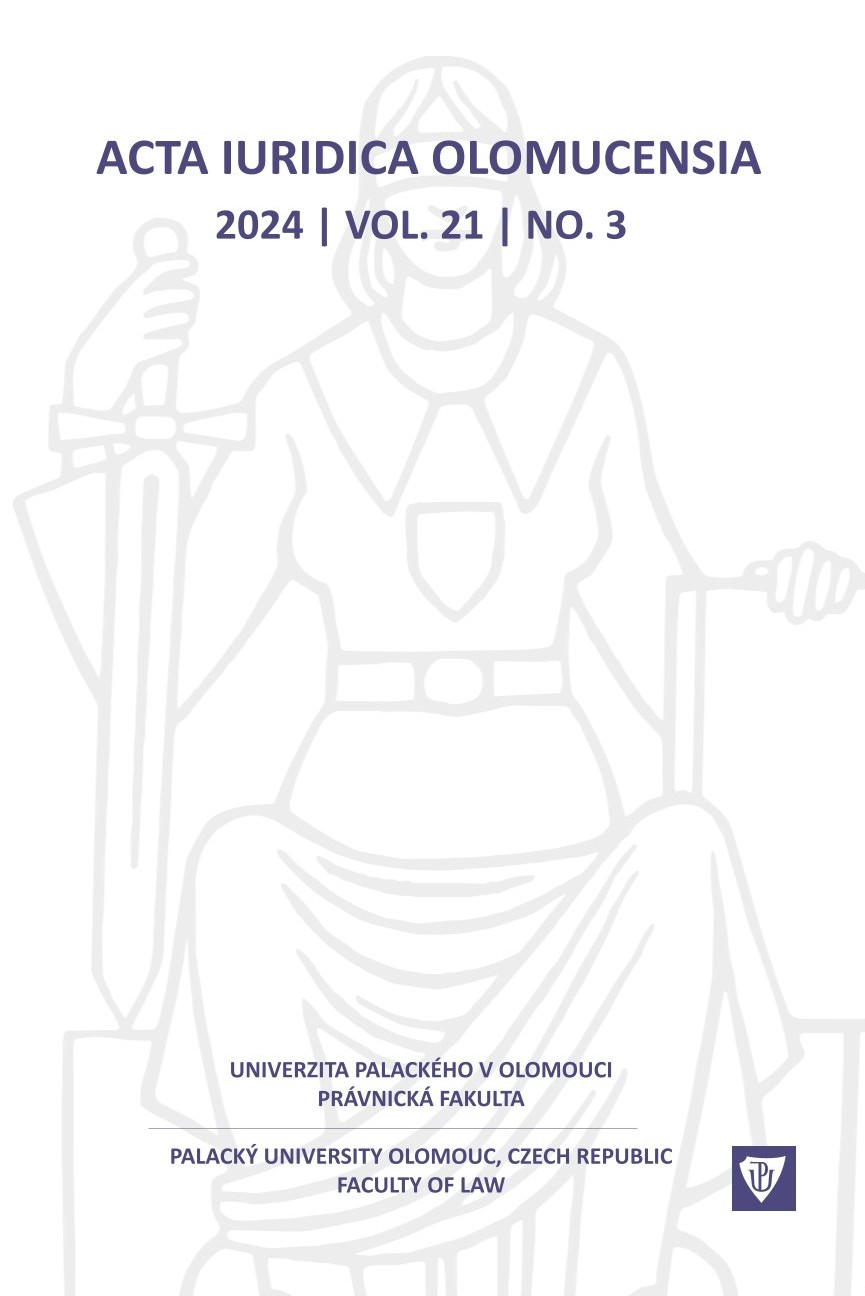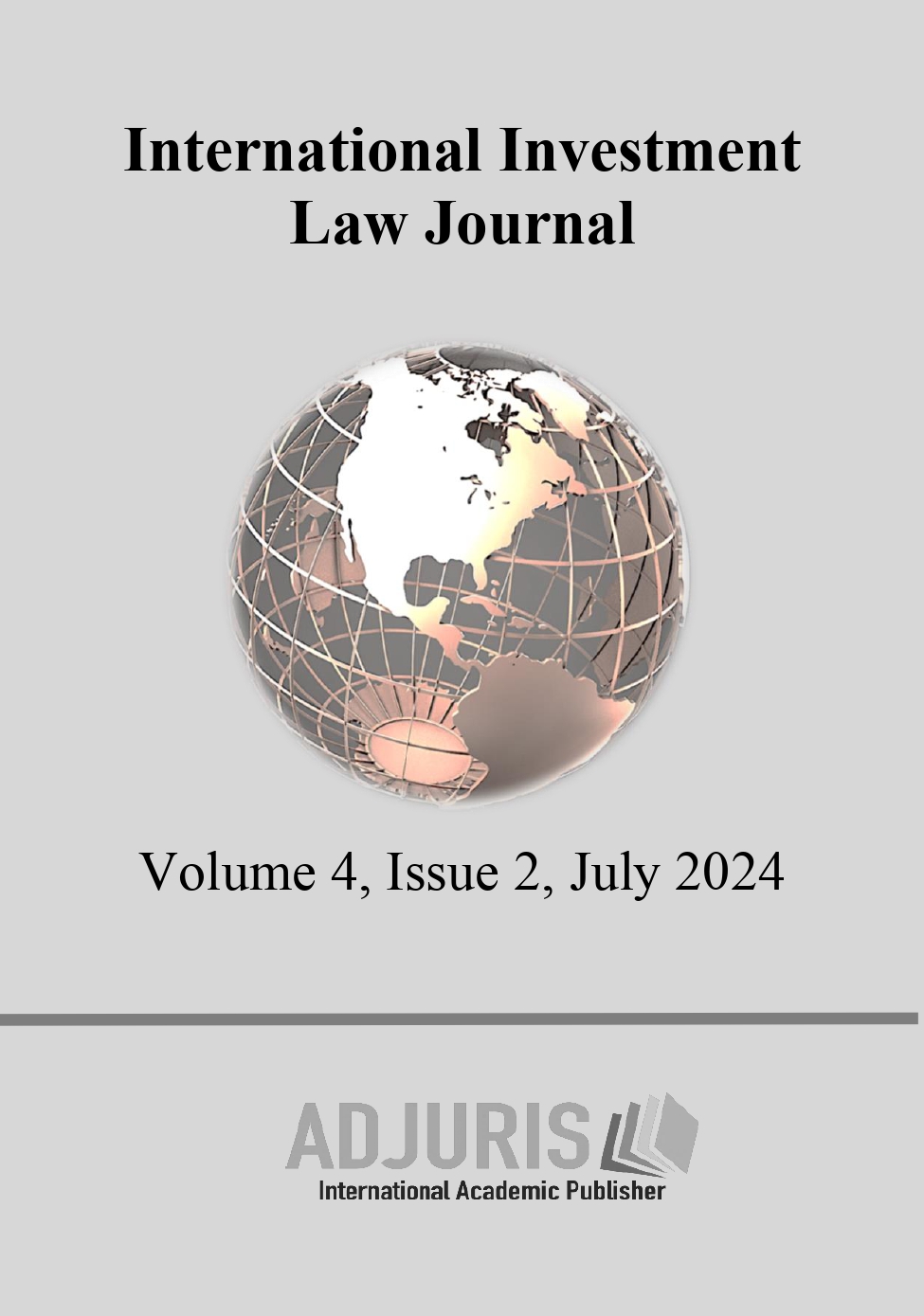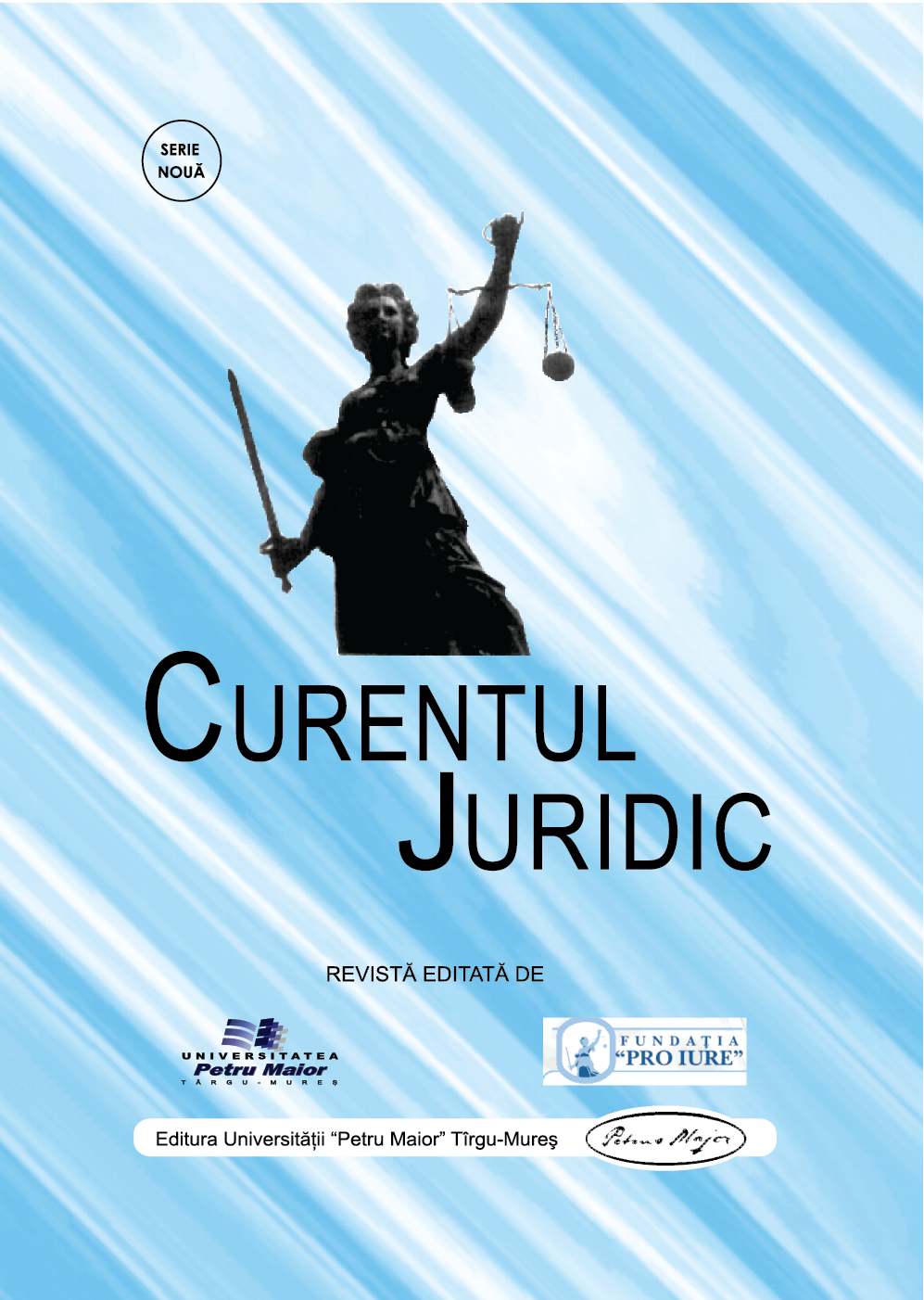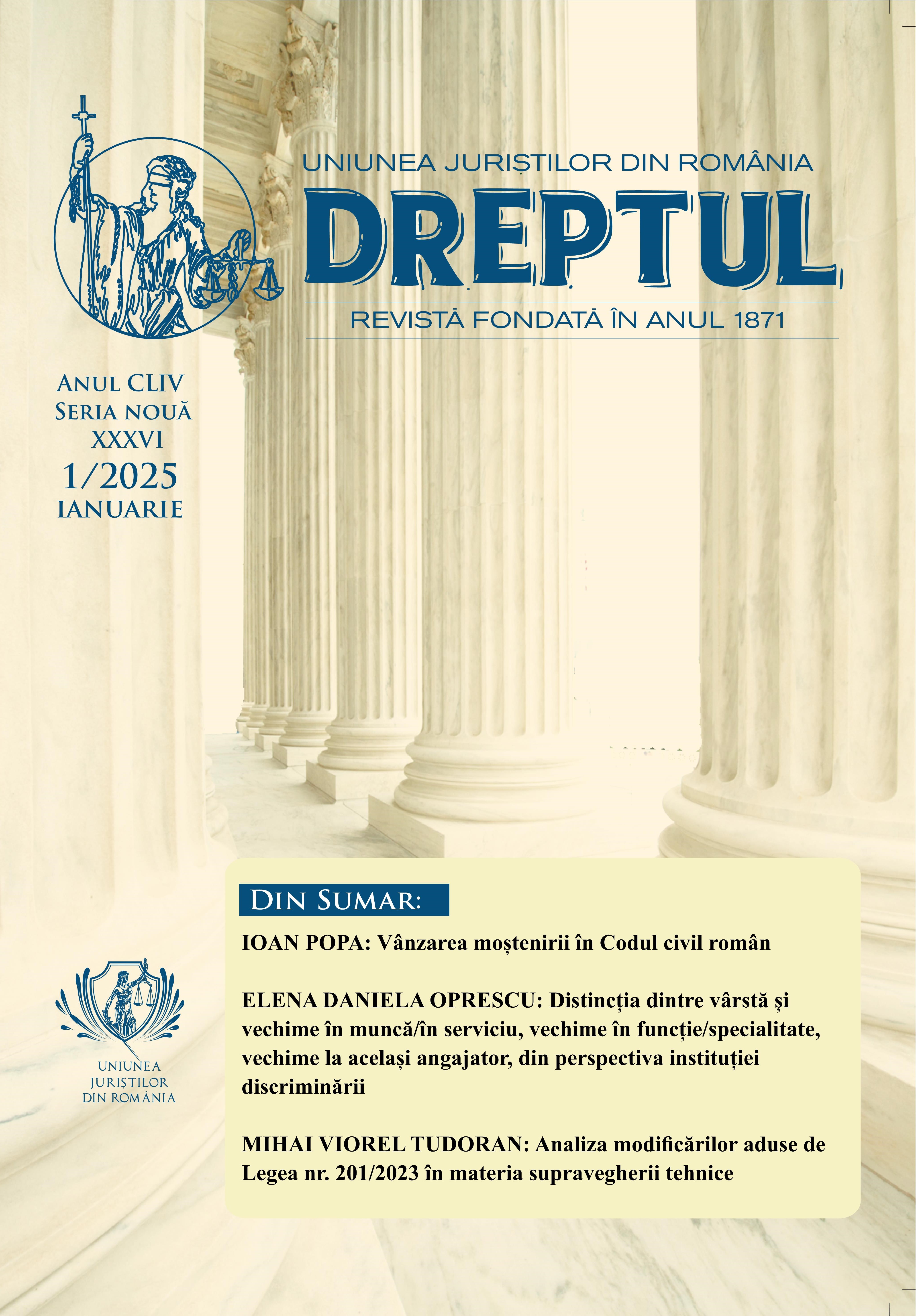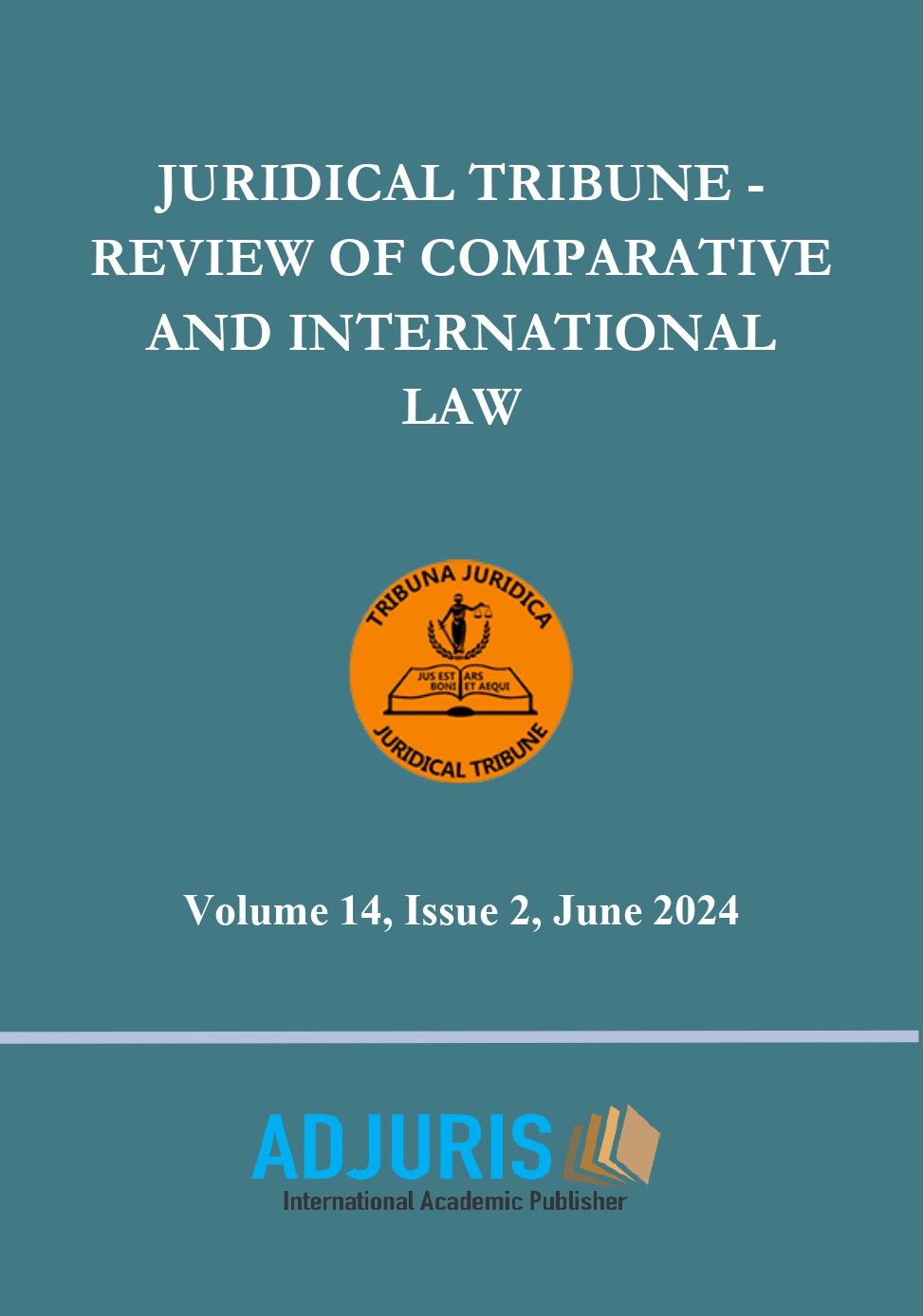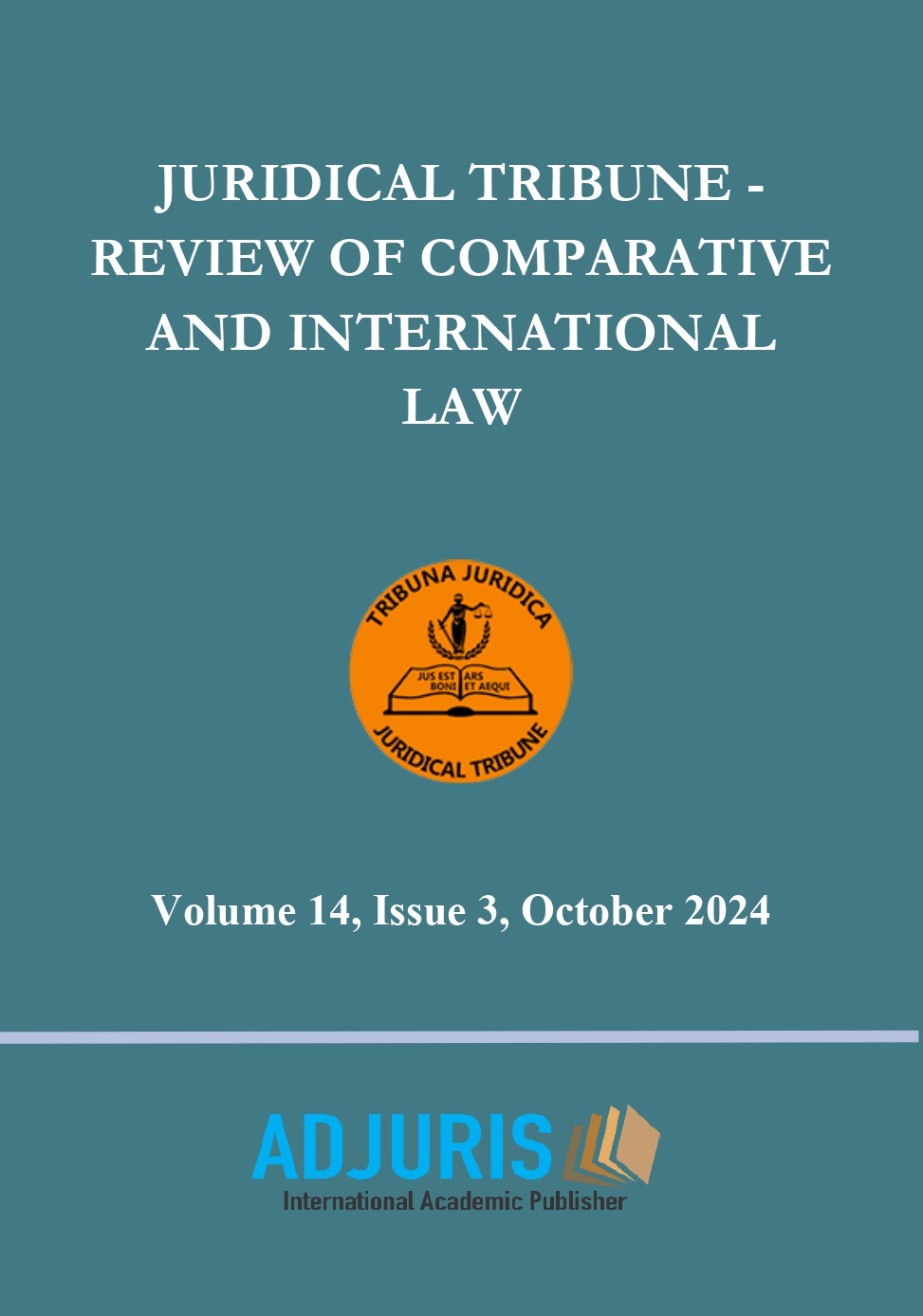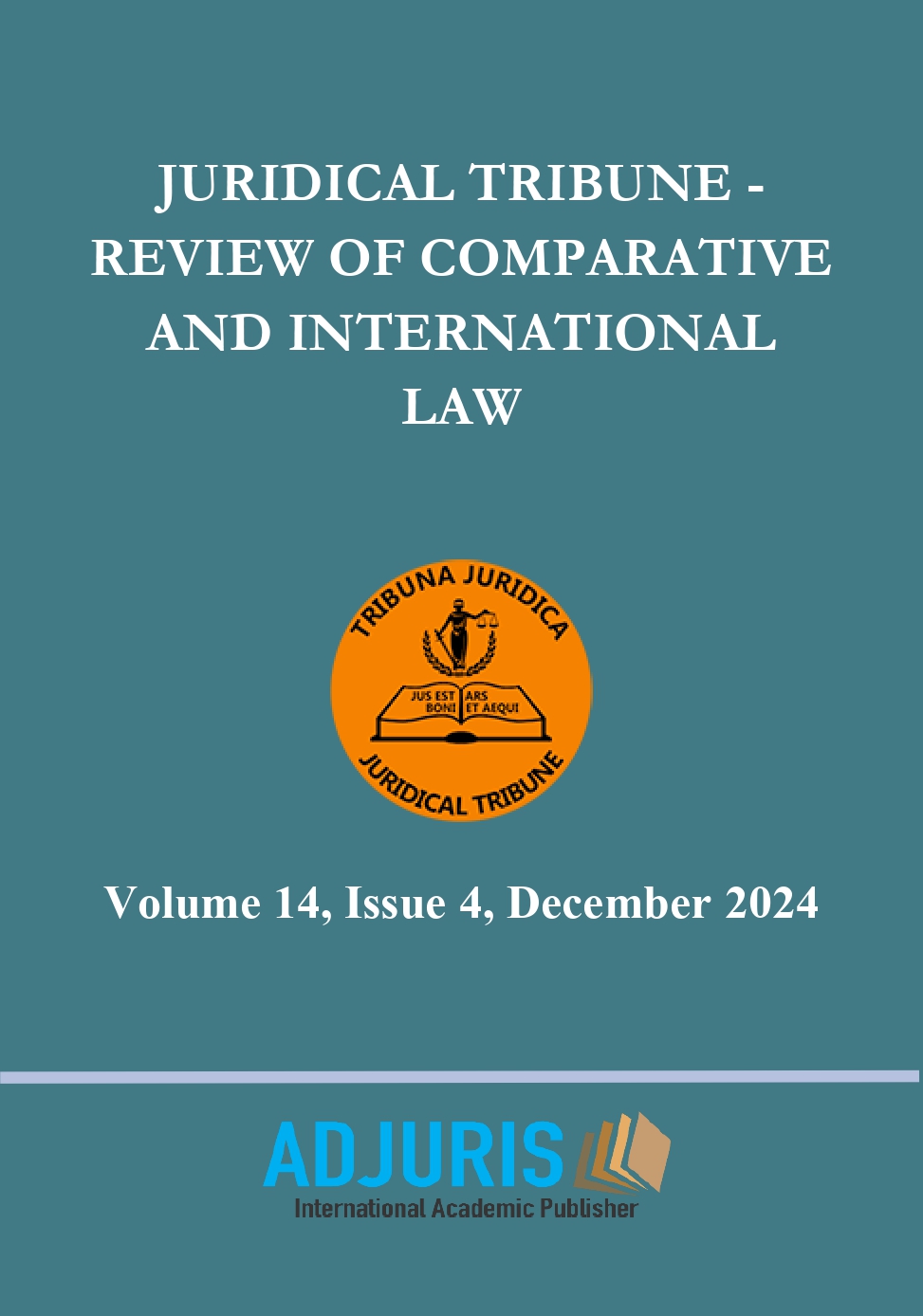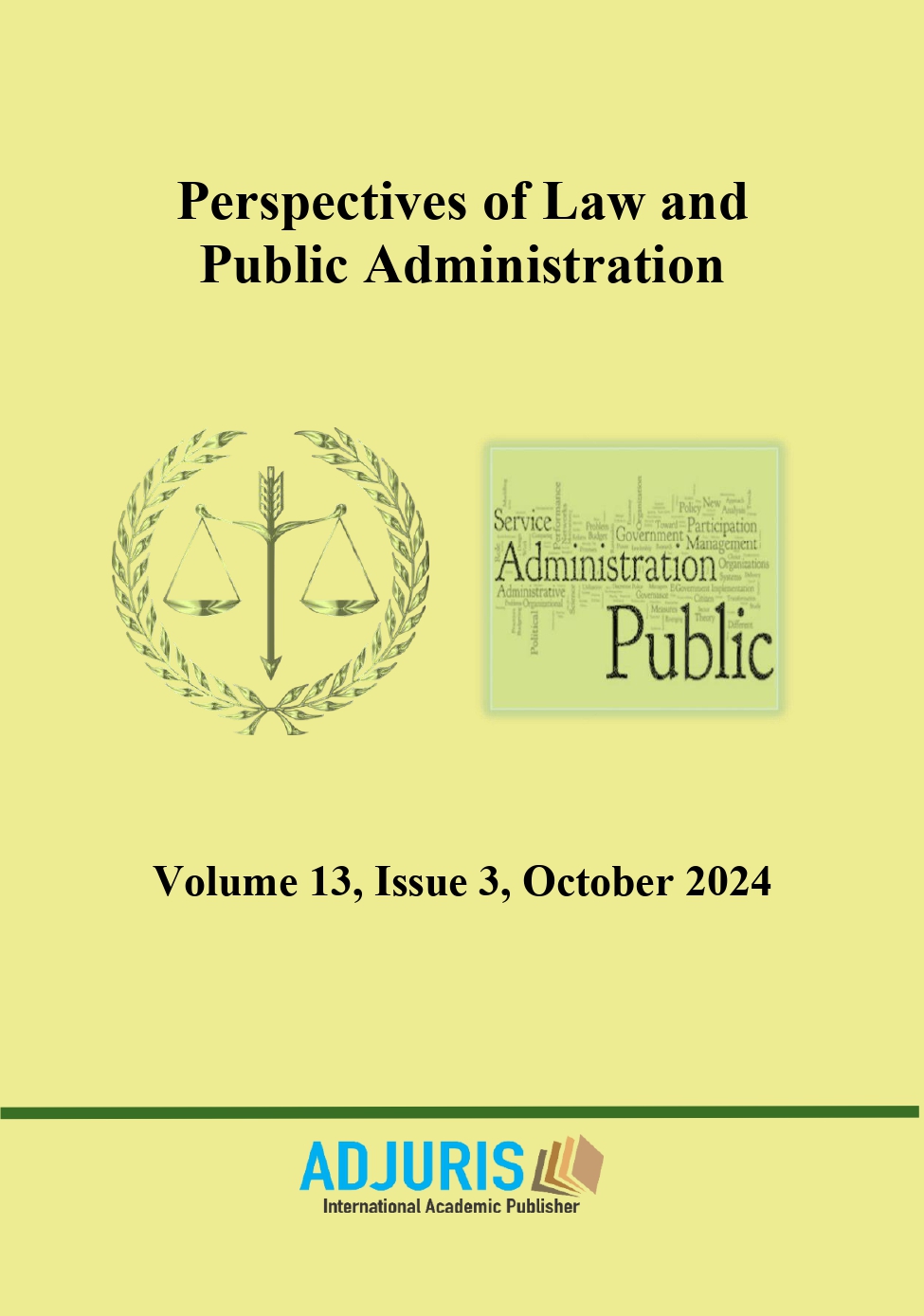
Good Administration in the View of the Institutions of the European Union. Theoretical and Practical Aspects
The right to good administration is provided by the Charter of Fundamental Rights of the European Union. This right presupposes that any person is recognised as having the right to benefit, as regards his problems, from impartial, fair treatment and within a reasonable time from the institutions, bodies, offices and agencies of the Union. The guardian of this right is the European Ombudsman. This concept of good administration is associated with the rule of law, legality, transparency, efficiency, effectiveness, democracy and implies that the institutions of the European Union must comply with certain standards. The author proposes as objectives: (i) Analysis of the right to good administration in the existing documents at the level of the European Union: the Charter of Fundamental Rights, the Maastricht Treaty on the European Union, the Lisbon Treaty on the functioning of the European Union, the European Code of Good Administrative Behaviour; (ii) refer to the specialised literature in the analysis carried out; (iii) to refer to case law. The author uses content analysis as a qualitative research method. The study shows different paradigms regarding the concept of good administration.
More...
